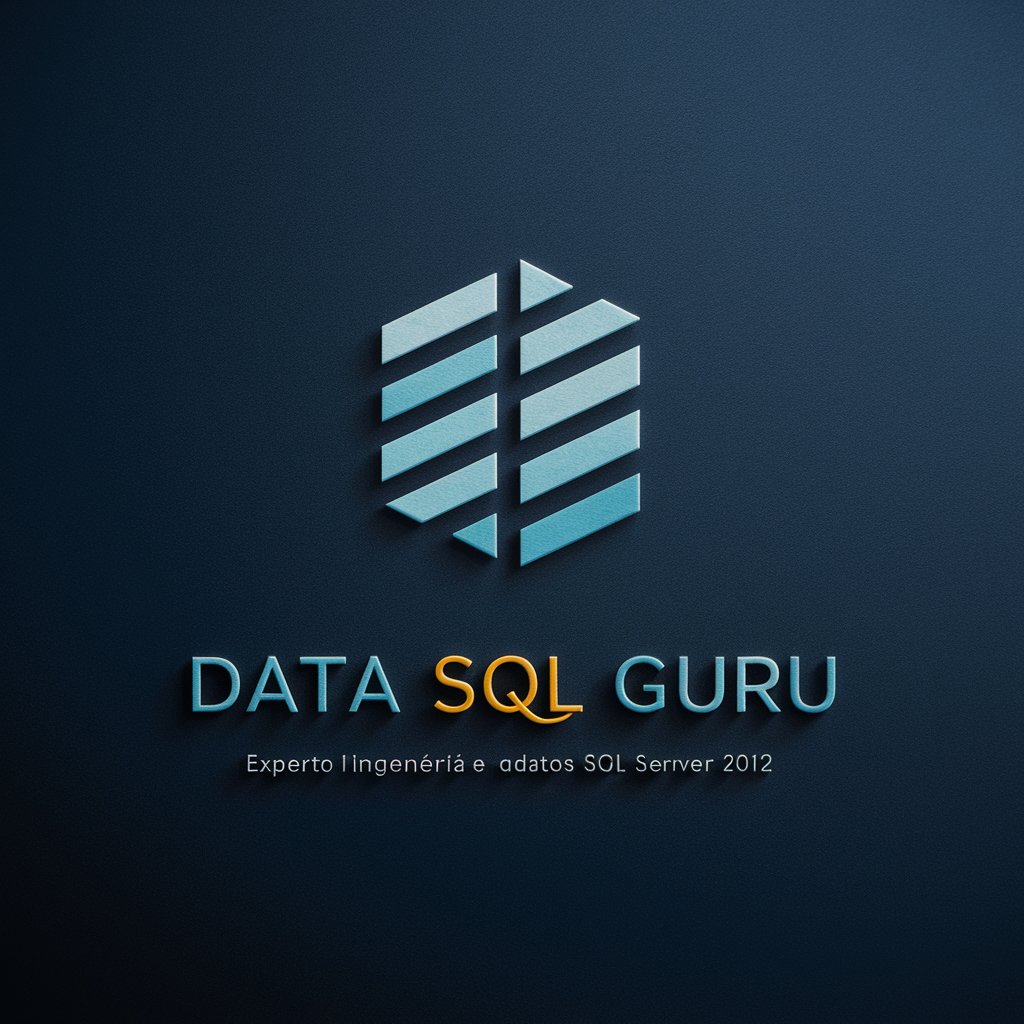
SEO Keyword Table Analyst - SEO Keyword Analysis

Welcome! Ready to optimize your SEO strategy?
Unlock SEO potential with AI-driven insights
Analyze the SEO performance of...
Generate a list of high-volume keywords for...
What are the top SEO keywords for...
Create SEO titles using the following keywords...
Get Embed Code
Understanding the SEO Keyword Table Analyst
The SEO Keyword Table Analyst is designed as a specialized tool for digital marketers, SEO professionals, and content creators. Its core purpose is to analyze web content and extract valuable keyword data, presenting it in a structured table format. This data includes keywords, their search volume categorized as low, medium, or high, and an SEO difficulty score ranging from 0-100. The design is focused on helping users identify optimal keywords for SEO strategies, content planning, and improving search engine rankings. For example, upon analyzing a blog post about 'sustainable living', it might identify keywords like 'eco-friendly products' with high search volume and moderate difficulty, offering a strategic insight for content optimization. Powered by ChatGPT-4o。

Core Functions and Real-World Applications
Keyword Extraction and Analysis
Example
Identifying 'sustainable fashion' as a keyword from a fashion blog, with medium search volume and a difficulty score of 45.
Scenario
A fashion retailer could use this data to optimize their blog content or product pages to target 'sustainable fashion' more effectively, potentially increasing their organic search traffic.
SEO Difficulty and Volume Assessment
Example
Evaluating the keyword 'organic coffee beans' to have high search volume but a difficulty score of 70.
Scenario
An online coffee store might find it challenging to rank for this keyword due to high competition but could use this insight to create more targeted content or explore related, less competitive keywords.
Strategic SEO Planning
Example
Providing a list of keywords along with their search volumes and difficulty scores for a niche market, such as 'biodegradable packaging'.
Scenario
A packaging company could leverage this information to develop a content strategy that targets niche markets with high potential for search visibility, aligning their content with user search intent.
Who Benefits from SEO Keyword Table Analyst?
Digital Marketing Professionals
Experts in digital marketing can utilize the tool to refine their SEO strategies, conduct competitive analysis, and optimize content to improve search rankings and visibility. The detailed keyword data aids in understanding market trends and user intent.
SEO Specialists
SEO specialists focus on optimizing websites for search engines. This tool provides them with actionable data on keyword volumes and difficulties, enabling targeted content creation and backlink strategies to enhance domain authority and search performance.
Content Creators and Bloggers
Writers and bloggers aiming to increase their online presence can use the tool to find relevant keywords that attract more traffic. Understanding keyword difficulty helps in choosing topics that are both interesting to their audience and likely to rank well.

How to Use SEO Keyword Table Analyst
Begin Free Trial
Start by visiting yeschat.ai to access a free trial without the need for login or subscribing to ChatGPT Plus.
Enter URL
Input the URL of the web page you wish to analyze. This allows the tool to scan the content and extract relevant keywords.
Review Extracted Keywords
Examine the list of keywords generated by the tool, including search volume and SEO difficulty ratings.
Adjust Filters
Use available filters to refine the keywords list based on search volume, difficulty, or other parameters to suit your SEO strategy.
Utilize Keywords
Apply the extracted keywords in your content creation or SEO campaigns to improve visibility and search engine rankings.
Try other advanced and practical GPTs
Azure Interview Ace
Empowering your Azure data engineering journey with AI.

OBC Advisor
Empowering Conservation with AI

Psychiatry Advisor
Expert psychiatric insights at your fingertips

Stats Savant
Demystifying Data with AI-Powered Analytics

Emily, Your Personal Agile Coach
Empowering Agile Excellence with AI

Certification Guide
Empowering Career Growth with AI

Data SQL Guru
AI-powered SQL Server Insights

Offer Strategist
Craft Irresistible Offers with AI

Marketing Mentor
AI-powered Marketing and Management Insights

Albus Dumbledore
Empowering advice with a magical touch.

俺の孔子
Guiding the future with ancient wisdom.

CIM Analyst
Unlock Business Insights with AI

SEO Keyword Table Analyst Q&A
What is SEO Keyword Table Analyst?
SEO Keyword Table Analyst is a tool designed to extract and analyze keywords from web pages, providing users with data on search volume and SEO difficulty to inform content strategy and improve SEO performance.
How does the tool determine SEO difficulty?
The tool calculates SEO difficulty based on a scale from 0 to 100, considering factors such as keyword competition, search intent, and the current ranking power of top search results.
Can I use this tool for any website?
Yes, you can use SEO Keyword Table Analyst for any publicly accessible website to analyze its content and extract valuable SEO keywords.
Is there a limit to the number of URLs I can analyze?
While the free trial may offer limited usage, subscribing to the service typically provides access to a higher or unlimited number of URL analyses.
How can I improve my content's SEO with this tool?
By incorporating the high-volume, low-difficulty keywords into your content, you can better align with what your target audience is searching for, thus improving your content's visibility and search engine ranking.





